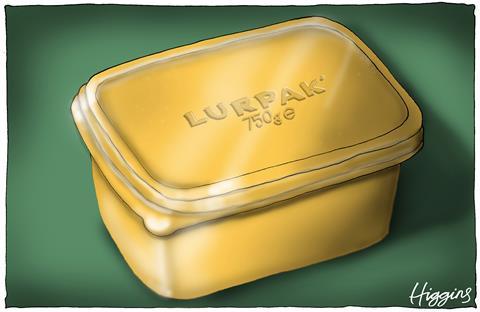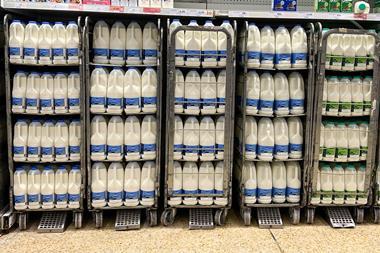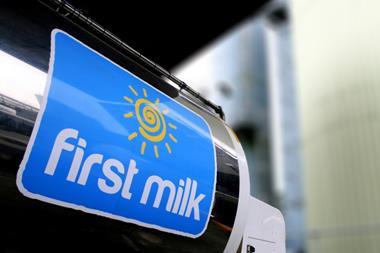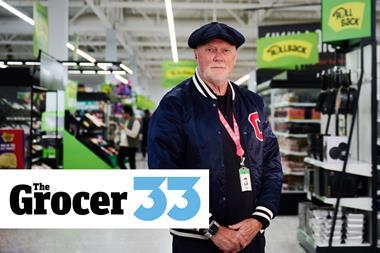
Another week, another topical price hike in this week’s Grocer 33. This time it’s Lurpak – a product so expensive these days supermarkets are sticking security tags on the 750g tubs, like meat and booze (and cheese too). Our own price comparison was on the 500g tub. No surprise the price has risen 39%. But the cost most certainly is: £5 in Asda for a 500g tub.
Here’s another surprise. It’s ‘only’ £3.75 in Waitrose. At that price you can buy two 500g tubs for £7.50. The same as it costs for those security-tagged 750g Asda tubs – while a 1kg tub is £10 in Ocado and £9.20 in the Co-op. So hurry! Stock up! While those Waitrose prices last! If you have the cash, that is.
That’s what wholesalers are doing, as we reported last week. It’s what they’ve always done, most regularly with cigarettes ahead of duty hikes, but when food inflation is only going in one direction, there’s opportunity here too.
Meanwhile credit to Lurpak owner Arla. Through its brands and its milk muscle, it’s been able to secure proper price increases to support its farmers. The same is true of Mars, too – except at Tesco, where it’s the latest fmcg giant to stop supply, following Heinz last week (and others too, we understand).
Unfortunately not all suppliers can negotiate from a position of strength like this. As we report, the price of eggs is going up, but egg farmers aren’t getting a fair cut, with just 4p out of the 20p average increase in the price of eggs passed on to farmers, according to the British Free Range Egg Producers Association. Tesco, for one, says it’s focused on looking after primary producers in pork, dairy and eggs, whose need is greatest (and margin lowest), while pushing back against giant packaged goods companies. That’s an understandable position to take – but not all retailers are adopting this approach. And even Tesco on pork was least and last (or “a little bit later and a little bit less” as it boasts). In any case it doesn’t always work. The old Malcolm Walker truism that “big suppliers bully small retailers, and big retailers bully small suppliers”, is being turned on its head as the cut and thrust of regular skirmishes gives way to something more fundamental and atavistic.



















No comments yet